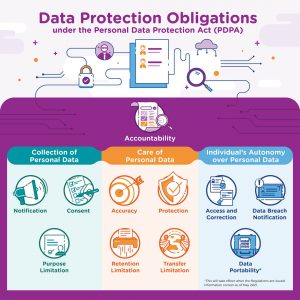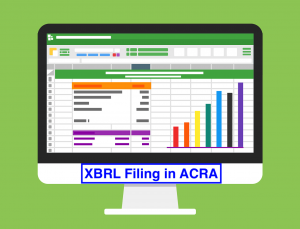Accounting is the bugbear of many SMEs, especially if old-school family businesses. But if you want access to financing, or you want to avoid entanglements with ACRA or IRAS, then proper accounting is a must. And while good accountants are seldom cheap, there are some ways to reduce the costs:

If you want to FILE an annual return, you can check with us.
1. Pick the “right sized” accounting service
There are branded accounting services which employ thousands of staff, can give tax and legal advice, and manage the books of a multi-million dollar business. Conversely, there are solo accountants who work for a few select clients, and just handle basic needs.
When looking for an accountant, pick based on immediate needs. If you’re an SME with five employees and aren’t GST registered yet, then odds are you don’t need a big, branded agency. Many of the services provided by such agencies – such as tax expertise – will probably remain unused.
Look for accountants that are experienced with helping small businesses; you can engage the bigger firms as you scale up. Contact us for help with your SME, and we can put together a cost-effective package without unused extras.
2. Ensure there’s a cap on accounting fees
Work out your available budget, than make clear to your accountant (before you engage her) that you need a cap on the fees.
Not doing so can result in problems later. If your accountant ends up spending 40 extra hours on a complex issue, and you’re paying an hourly rate, the bill at the end of the month can crater your cash flow. These situations do happen (e.g. if you have missing invoices or unrecorded transactions, and your accountant has to sort it all out).
3. Don’t leave things to the last minute
If you leave things like your Annual Report or Financial Year End (FYE) to the last minute, this might entail a rush job.
An accountant who has to handle all that, in the short space of a week or so, will have to drop other jobs; and yes, you’ll likely be charged more for that kind of rush work. It’s best to engage your desired accountant long ahead of that, especially if you’re expecting major changes that year (change in share allotment, cross-border expansion, or a much bigger payroll).
4. Get help from a corporate secretarial service
Some corporate secretarial services can provide both accountancy and administrative tasks (like organising your AGM). You can contact us if you need these services.
If you already need a company secretary, it’s cost efficient to engage a service that can fill that role, while also handling your accounting needs. A corporate secretarial service also helps with other aspects of compliance – this protects you from fines or potential litigation.
5. Minimise “convenience costs”
Sometimes, your accountant needs certain things to complete your year-end reports, or handle book-keeping. This might, for instance, be a missing invoice or receipt.
While most accountants are happy to chase down these things for you (even though it’s not technically in their job scope), remember: all these add to billable hours. You don’t want to pay your accountant an extra $200 or $300 for their hours, for something as mundane as running around to collect receipts.
If you do want to relegate the legwork to someone, use an intern or one of the administrators you’re already paying.
6. Don’t pay for a degree of interaction that you don’t need
Some accountancy firms justify higher fees with literal facetime (actual meetings, not the app). They’re purportedly better because they meet you regularly, brief you once a month or year, etc.
While this sort of service is great for a large and complex business, SME owners should think hard about the real benefits provided. If you’re not going to learn anything new from a meeting than you would from a call or email, what are you paying for? You might do better to keep costs down, and engage an accountant who doesn’t need to meet so often.
7. Going the DIY route? Remember the value of your time
There’s a lot of over-the-counter accounting software that’s IRAS-compliant; and it’s certainly possible to learn the basic functions yourself. But before your do this, remember to factor the value of your time.
How many hours are you investing into the learning process? All of that is time that could be better spent managing wider aspects of your business, or going out and closing sales. This is especially true of a new business, in which close, hands-on management is vital to operations.
Before deciding on DIY, contact us to see if we can help with a more productive solution!







